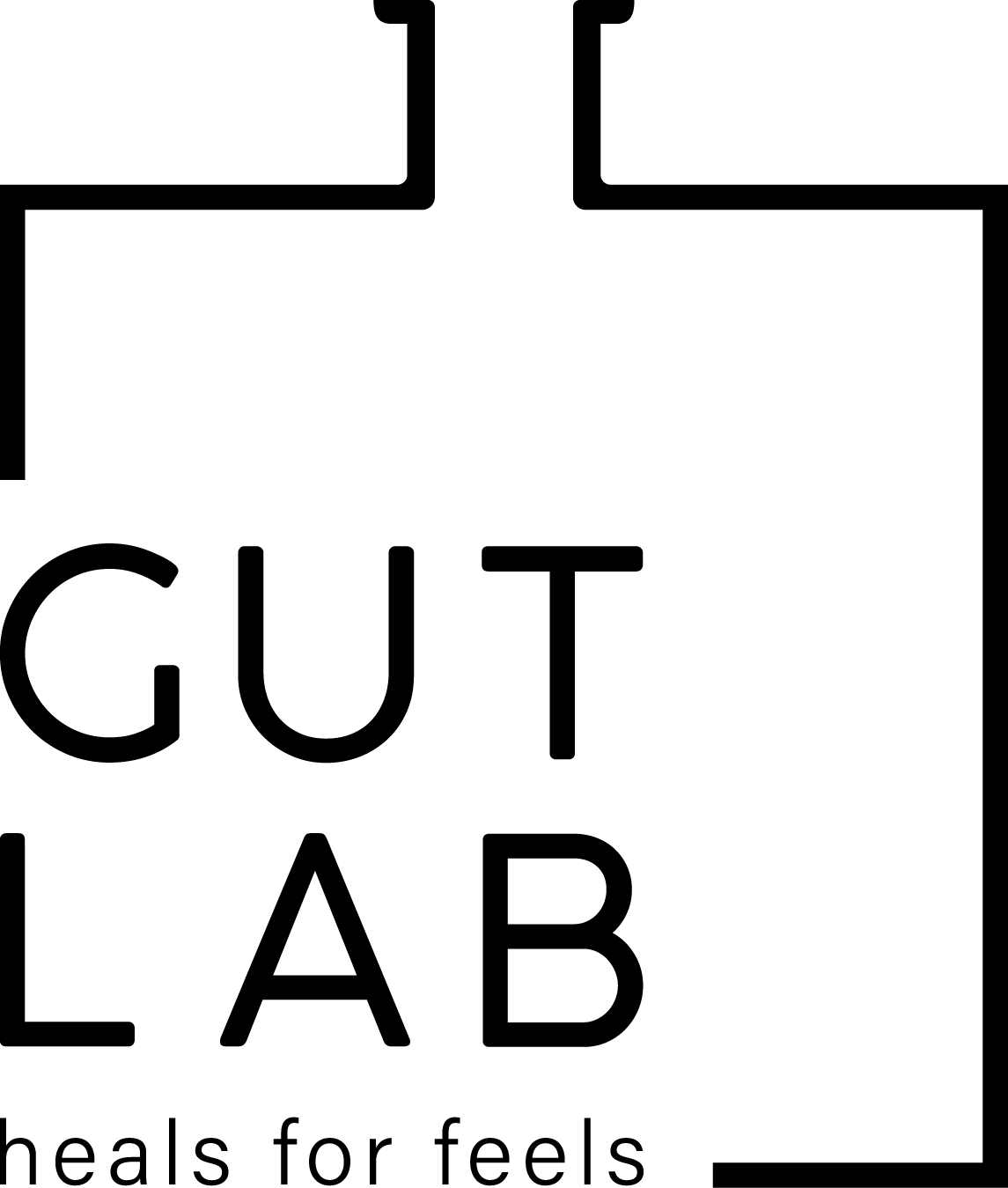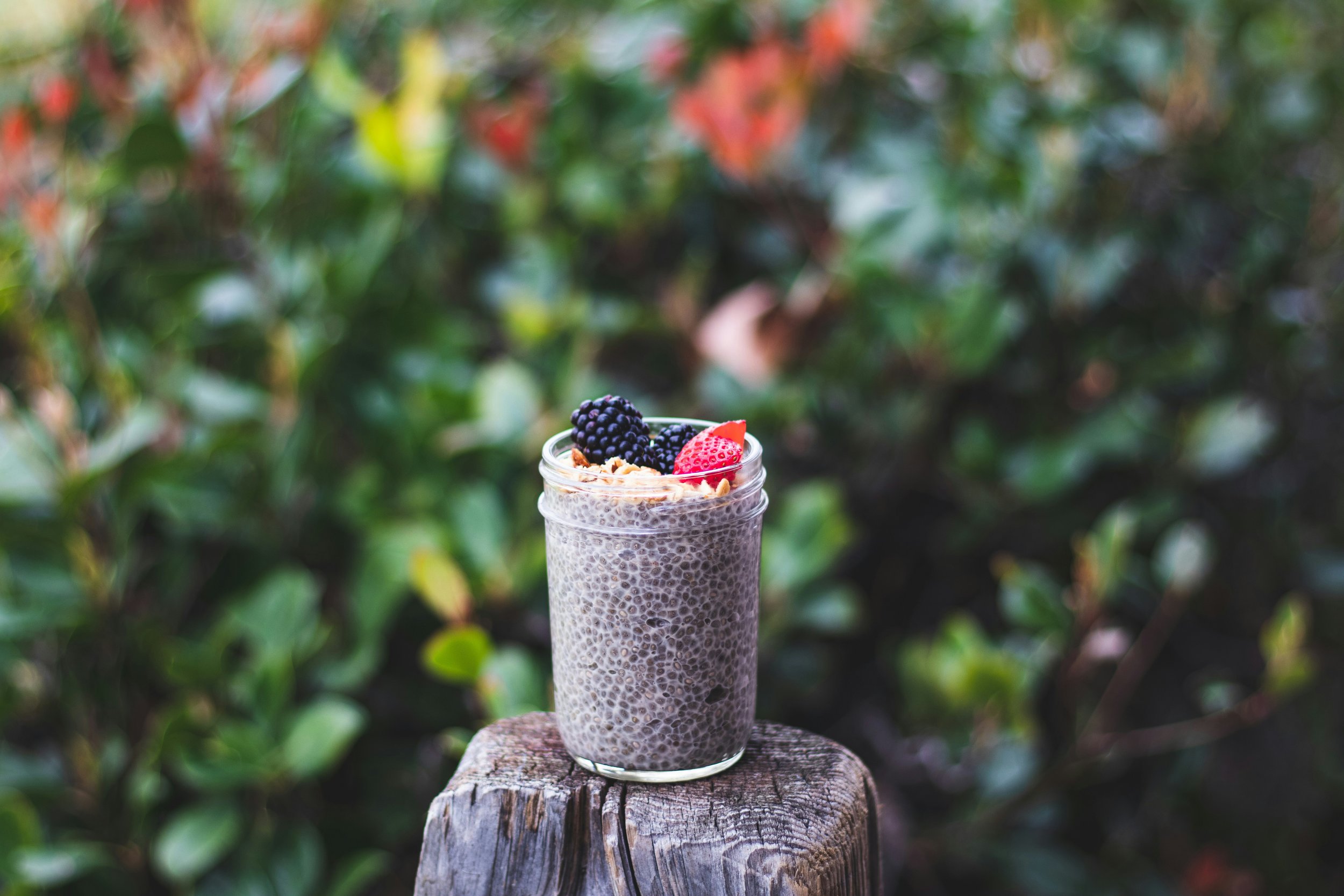Nutrition to support menstrual cycle hormone fluctuations.
Have the monthly hormone wobbles got you feeling tired or cranky? Or just a bit less up for all your responsibilities? Nutritional help is here, and could smooth things out.
Hormone fluctuations.
What they are, and how correct nutritional support can assist with them:
Each of the 4 phases of your cycle involve different hormonal fluctuations.
Different nutrients can support and ‘smooth out’ the biochemical changes, making the fluctuations (and life) easier (and more pleasant!).
Something which gives you energy in one part of your cycle may fatigue you in another.
Supporting menstrual hormone transitions can reduce inflammation throughout your whole body.
Understanding your cycle and nutritionally assisting it can significantly boost your mood, focus, and energy.
MENSTRUATION
Day 0 – 7 or so
A cleansing phase - avoid stimulants (coffee, alcohol) and refined sugars. Rest! Keep exercise gentle.
Replenish lost iron with grass-fed red meats, liver, oysters, deep purple produce like beets, cherries, cooked dark green leafy veg, black tahini, and pumpkin seeds.
Slow cooked meat stews, bone broths, and meat stocks.
Vitamin C rich foods e.g. dress foods with lemon juice (especially on cooked leafy greens), grapefruit, oranges, organic berries, kiwi fruit, and red capsicum.
Support excess oestrogen metabolism with cruciferous veg - e.g. broccoli, cauliflower, brussel sprouts. Broccoli sprout powder is a great supplemental addition.
Go for warm cooked meals, steer away from raw cold meals or excessive fruit.
FOLLICULAR PHASE
Day 8 – 13 or so
A growth / building phase, led by FSH (follicle stimulating hormone), and oestrogen. The endometrial lining of your uterus produces and grows a dominant follicle.
Eat plenty of protein (cellular building blocks). Organic grass-fed meats and poultry, wild caught fish, eggs, natural yoghurt, kefir, quality organic cheese.
Folate rich foods (NOT folic acid! That’s the synthetic version). Asparagus, cooked greens, eggs, beets, raw nuts and seeds, sprouted legumes.
Restore minerals: nuts, seeds, flaxseed oil, sesame seeds, tahini, berries, avocado, figs, cooked dark colored veg.
B12 foods - animal foods. Meat, eggs, dairy, fish, poultry, and fermented foods containing live microorganisms.
Liver - if you can handle it - provides iron, copper, B12, folate, vitamins A, D, E & K, folate and many other supportive nutrients.
OVULATION
Day 14 – 17 or so
LH (lutenising hormone) causes the follicle to release an egg around day 14. Your most fertile time, the body wants to feel it is capable to conceive and carry a baby.
A time to keep blood sugar stable, support kidneys and body fluids, and keep reproductive organs warm.
Increase natural spices - cloves, cinnamon, ginger, cardamom, cayenne.
Eat several small meals throughout the day. Maintain stable blood sugar and fluid levels. Not a time for fasting.
Limit raw fruits and veg, go for soft and well cooked.
Focus on body warmth - e.g. soups, stews, curries, warm breakfasts and comforting teas.
Avoid cold - e.g. ice plunge baths or inadequate dressing.
LUTEAL PHASE
Day 17 – 28 or so
Progesterone’s time to shine! It causes the uterus lining to thicken, to support a pregnancy.
Don’t give in to sugar cravings. Eat meals with enough protein, fats and slow release low GI carbohydrates so you will avoid energy slumps.
Essential fatty acids support hormones at this time - bone broth, tallow, grass-fed butter or ghee, salmon, avocado, flaxseed oil, macadamia nuts, raw seeds, tahini, olive oil, coconut oil, chia seeds, hemp seeds, nut butter (excluding peanut butter).
Magnesium rich foods and possibly supplementation. Nuts, seeds, dark leafy greens, fish, avocado.
Avoid alcohol and caffeine.
Bone broth is great to have daily to support implantation.
PERIMENOPAUSE
When menstruation begins to slow down.
When you are still menstruating but it’s irregular, it can be hard to know exactly where your hormones are at.
Pereimenopause is when your eggs start to run out, and your oestrogen starts to drop.
The last two years (ish) of perimenopause can involve hot flushes, mood swings, sleep problems and other issues. Your general health is a factor in how this plays out.
Very important to keep inflammation low - avoid processed foods, alcohol, refined sugars and carbs.
Take an organic broccoli sprout powder to support oestrogen clearance and hormonal adaptations.
Focus on healthy fats, quality proteins and organic fresh produce. Avoid pesticides and toxins that will disturb your gut microbiome and exacerbate peri-menopausal symptoms and discomfort.
If you would like nutritional support for hormonal changes, advice and testing, or simply navigating how to best nourish your body to avoid uncomfortable symptoms, please contact Sarah. We can have a discussion about what you would like to achieve with your health, and how we can do it.








